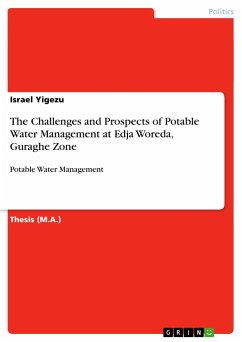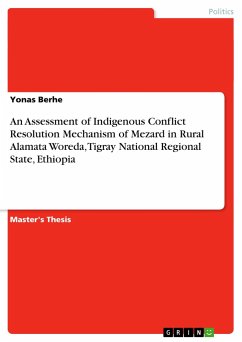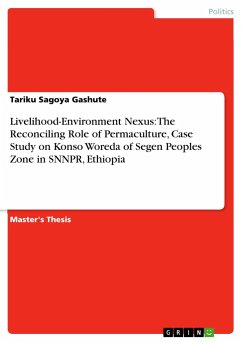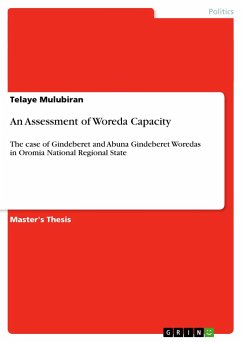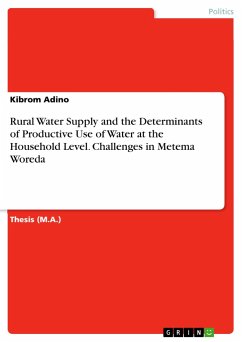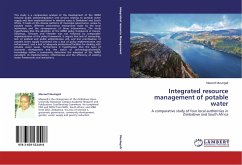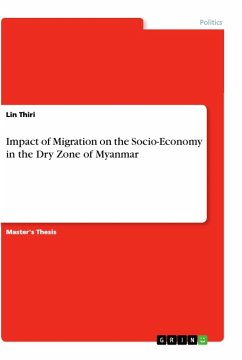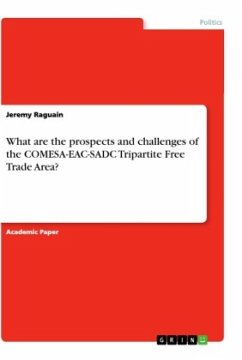Thesis (M.A.) from the year 2012 in the subject Politics - International Politics - Topic: Development Politics, grade: "-", Hawassa University (School of Governance and Development Studies), course: M.A. Thesis - Potable water Management, language: English, abstract: This Paper was motivated by the beliefs that analyze the challenges and prospects of potable water management at Edja Woreda. Ethiopia in general and Edja Woreda in particular has lowest access to potable water services. The objectives of the study were; to describe the role of potable water actors and the networking status among them, the status of potable water management in terms of its supply capacity and distributive mechanisms, the institutional, economical and social mechanisms in place to contribute its sustainability and to generate suggested solution for potable water management problems. Mixed social science research was used for this study. The necessary data was collected through survey questionnaires; interview and FGD form potable water users, water actors' officials and selected community members. Descriptive statistics like: graphing, frequency and percentage distribution was used for data analysis using SPSS version 13 software.The study also reveals that the major potable water actors in the area are; WMEO that coordinates and manages over all water activities, WaSH committees that manage and monitor water scheme, NGOs and multilateral agencies that finance water activities. Water actors are both responsible and accountable to the users but needs them more improvement. Nevertheless, the networking status among them is good. The water management challenges in the area are; poor supply capacity and distributive mechanisms with problems like water interruption, limited supply capacity, and distances of water points. The study result also shows that the institutional, economical, social mechanisms are in place but lacks effectiveness to ensure sustainability. These results imply that there are some prospects of potable water management that needs more improvement.
Hinweis: Dieser Artikel kann nur an eine deutsche Lieferadresse ausgeliefert werden.
Hinweis: Dieser Artikel kann nur an eine deutsche Lieferadresse ausgeliefert werden.

